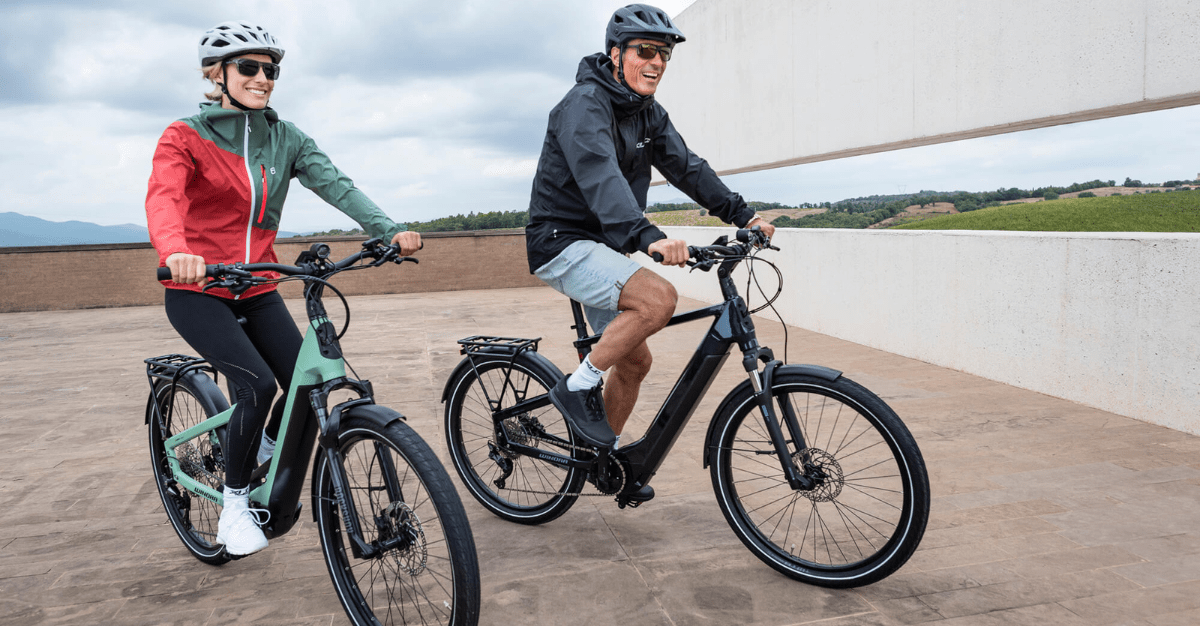The Dutch Cycling Embassy has recognized 10 fundamental points that constitute the decalogue of Bikenomics, the bicycle economy.
- The bicycle as environmental policy
The impact that the bike has on the environment is practically zero: its life cycle is 93% lower than that of a car in terms of CO2 per km of travel.
- The bicycle as economic policy
Going to work by bike increases productivity and health: it allows you to avoid traffic, saving time and avoiding stress.
Furthermore, the boom linked to the increase in the use and demand of bicycles has generated many alternative businesses, effectively increasing jobs and new opportunities.
- The bicycle as a safety policy
Reducing car use would lead to fewer road accidents, especially in the younger age group.
- The bicycle as a territorial planning policy
The use of the car generates negative impacts on the territory: just think of the size of public land and the related car parks. It has been estimated that in a parking space for one car there is approximately 6 to 8 bikes. Furthermore, the limited use of the car would mean a redevelopment of the territory in favor of the citizen.
- The bicycle as an anti-Covid-19 distancing policy
In times of pandemic, the bicycle has proven to be a very important means of promoting social distancing and finding a valid and safe means of transport as an alternative to trams, buses and the metro.
- The bicycle as a mobility policy
Investments to promote cycling are cheaper and better in terms of positive externalities.
- The bicycle as an educational policy
Children and young people acquire greater safety and autonomy by cycling to school, rather than being driven by car. They are also more active and learn traffic education and civic sense.
- The bicycle as a policy of equity
Everyone can get around by bicycle, regardless of the economic resources available. Furthermore, the use of e-bikes also allows them to be used by those who would struggle with a traditional bike, thus making the use of two wheels accessible to every age group.
- The bicycle as a public health policy
Half an hour of cycling a day corresponds to the minimum level of physical activity recommended by the WHO, World Health Organization, so as to reduce the risks linked to diabetes, obesity, depression and other diseases.
- The bicycle as social policy
Roads suitable for pedestrians and cyclists allow people to move more, leave their homes, meet and get to know each other, creating more livable and attractive places.

